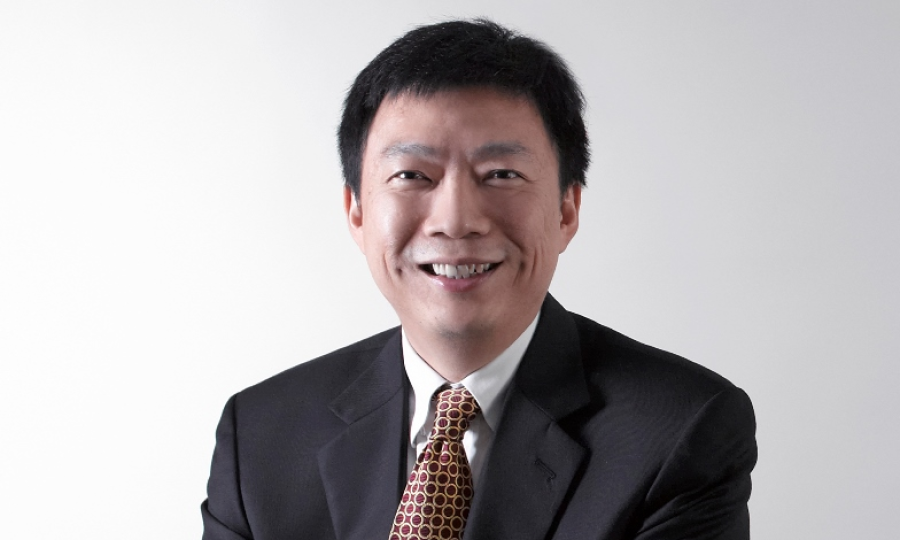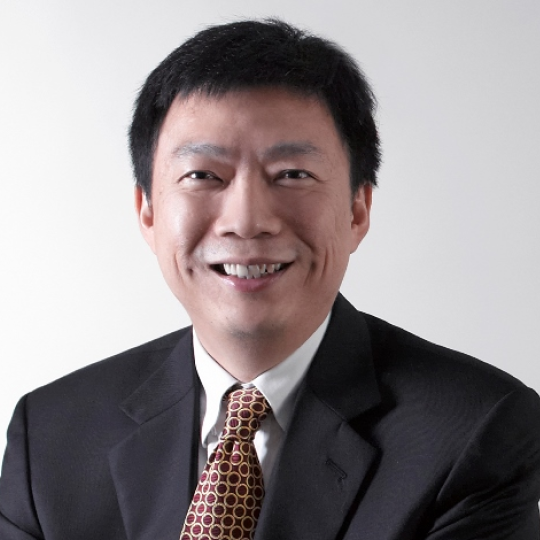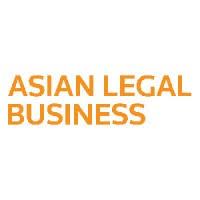
Lim Chong Kin, a managing director at Drew & Napier, was named one of ALB Asia's Top TMT Lawyers. He discusses his experience in the TMT sector, including Singapore's Telecom and Media Competition Code 2022.
Please share a recent case or project that you consider a highlight of your TMT practice. What were the challenges you faced and how did you navigate them?
It is difficult to pick one matter, as I have been involved in almost every milestone in Singapore’s transforma-tion into a key info-communications hub since 1997. I had the privilege of acting for regulators in structuring Singapore’s frameworks, and for market participants in deploying infrastructure and rolling out services in Asia. If I must sum up this journey in one word, it would be “phenomenal” in describing the speed of technological development, the roll-out of advanced infrastructure to support innovative services, and the legal challenges that follow suit to address policy and public interest concerns that may arise. Regulations which try too hard to predict and move ahead of technology may stifle innovation, but regulations which lag too far behind may allow issues to arise that harm consumer and even national interests.
Since I must pick one project, it would be Singapore’s Telecom and Media Competition Code 2022. I was involved in formulating the very first drafts of their precursors (the Telecom Competition Code in 2000 and the Media Market Conduct Code in 2003), drafting revisions in subsequent years, and up to the present iteration where both were converged into a unified framework to govern the entire info-communications industry. This Code is a living document that requires constant updating and best describes my journey in this area of practice.
With the rise of international data flows and digital services, how do you foresee the evolving landscape of cross-border regulations and jurisdictional challenges impacting how TMT companies operate and seek legal counsel?
First, huge growth will continue in the cross-border delivery of digital services, which means exponential growth in cross-border data flows. Second, more APAC jurisdictions will adopt data protection and cybersecurity laws, and standard harmonisation will be a challenge as there will always be domestic agendas. Third, evolving geopolitics and the bifurcation between ‘Western’ and ‘Eastern’ models of governance has given rise to country data localisation and other national security requirements that impede cross-border data flows, and this seems to be a continuing trend.
TMT companies operating across regions will thus face challenges in managing data flows and navigating diverged data protection and cybersecurity regulations. It is imperative that counsels have a good grasp of the comparative differences in the regulations, have their ears on the ground to clearly detect nuances that are not apparent on the face of the regulations, and are able to offer practical advice that facilitates rather than impedes the business.
How do you anticipate legal challenges evolving and growing more complex as emerging technologies continue to reshape the TMT sector?
Over the last few years, we have witnessed the emergence of many technologies (from IoT to 5G, to block-chain / Web3, AR/VR, AI / ML, etc) that will doubt-less unleash new legal challenges (AI is often cited as the best example) and regulations will always be playing catch-up to identify and address harms. In my view, regulation should not impede but serve to promote the adoption of emerging technology. If regulation is necessary, it must be strictly proportionate to address any clearly defined harm that may arise from the unbridled exploitation of technology.

